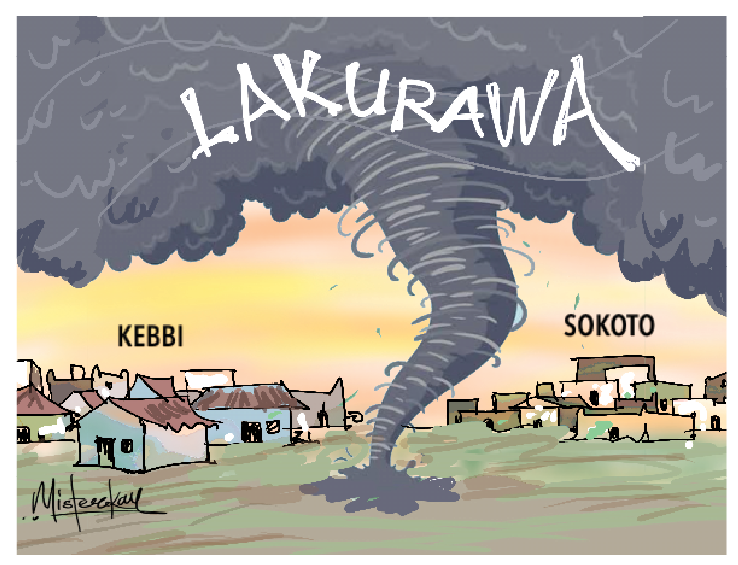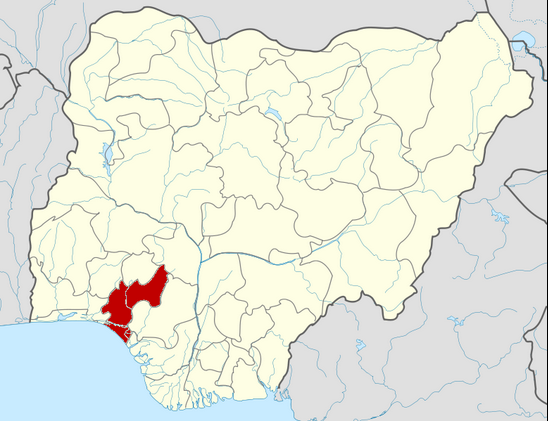Amid Nigerian crude oil producers’ inability to supply adequate feedstock to the company, Dangote Refinery, the largest single-train facility in the world, has issued a tender seeking to purchase an additional 11 million barrels of US crude oil over the next six months.
The 650,000 barrels per day refinery, located near Lagos, has already received 9 million barrels of West Texas Intermediate crude from the US since the start of 2024 to supplement unreliable domestic supplies. The new tender, which closes on July 21, is for two million barrels per month of WTI Midland crude for six months starting in August.
The reliance on US crude highlights the challenges Nigeria faces in meeting its own refining needs, with crude theft, aging infrastructure, and underinvestment contributing to declining production. The nation pumped only 1.45 million barrels per day in April, well below its 2.6 million barrel per day capacity.
The refinery, a cornerstone of the country’s ambition to become a net exporter of petroleum products, has found it necessary to supplement domestic supply with imports to meet its operational needs.
In a tender seen by Bloomberg, Dangote purchased five million barrels of West Texas Intermediate (WTI) Midland crude for delivery next month and in September. The company also started a tender process in which it’s looking to buy a further six million barrels of American crude for September.
The refinery near Lagos mostly runs on local crude supplies that can reach the plant from offshore terminals in as little as a couple of days.
It took in more than 41 million barrels of feedstock in the first half of the year as it completed test runs and gradually increased processing rates, tanker-tracking data show. Of that, about a quarter has been American supply.
Aliko Dangote, the chairman of Dangote Group said the refinery will continue to import crude oil as his refinery scales up production and seeks alternative supply contracts.
“It also makes economic sense for us to tender for crude. If we could source 100 percent Nigerian crude, then fine, but we can’t wait,” Dangote said at the Africa CEO Forum 2024.
“There is a bit of a problem for us to source the entire volume of crude that we’re looking for domestically because we need different types and mixes. Unless crude production improves – which we pray and hope for – we need to go elsewhere,” Dangote added.
According to CAS, the refinery took delivery of 11 WTI cargoes, or 9 million barrels, between February and May, contrasting with around 18 million barrels of Nigerian crude deliveries.
Now, the move to secure a longer-term offtake agreement signals a commitment by the refinery to more permanently diversify its crude sources, coinciding with a period of extreme demand weakness for Nigerian supply.
“It’s a little surprising that they are seeking the term WTI at this stage,” said one West African crude trader, noting demand weakness that pushed Nigeria’s flagship Bonny Light crude to a discount to Dated Brent for the first time since November on May. 17.
Nigeria’s state-run Nigerian National Petroleum Company (NNPC), also 20 percent equity holder in the project, has been widely expected to supply the bulk of Dangote’s crude demands, selling to the refinery in USD due to its location in the Lekki free zone.
But findings showed NNPC has struggled to meet its 300,000 barrels per day (bpd) crude oil obligation to acquire a 20 percent stake in the Dangote Refinery.
The nation pumped about 1.28million barrels a day of crude and liquids in June, still far below its estimated production capacity of 2.6 million barrels a day. Crude theft, aging oil pipelines, low investment, and divestments from oil majors operating in the West African nation have all contributed to declining production.
Despite various assurances by the federal government and the Nigerian National Petroleum Company Limited (NNPC) of meeting the country’s Organisation of Petroleum Exporting Countries (OPEC) quota, Nigeria recorded an estimated 30 million barrels underproduction in the first four months of 2024.
Despite massive spending to curb insecurity in the Niger Delta by the NNPC and the federal government, oil theft, assets vandalism and outright sabotage are rampant in the area where Nigeria extracts its oil from.
The country currently has a multi-billion-naira contract with local security groups in the region aside from the huge spending on the official security agencies deployed to curb the menace in the area.

 4 months ago
40
4 months ago
40














 English (US) ·
English (US) ·